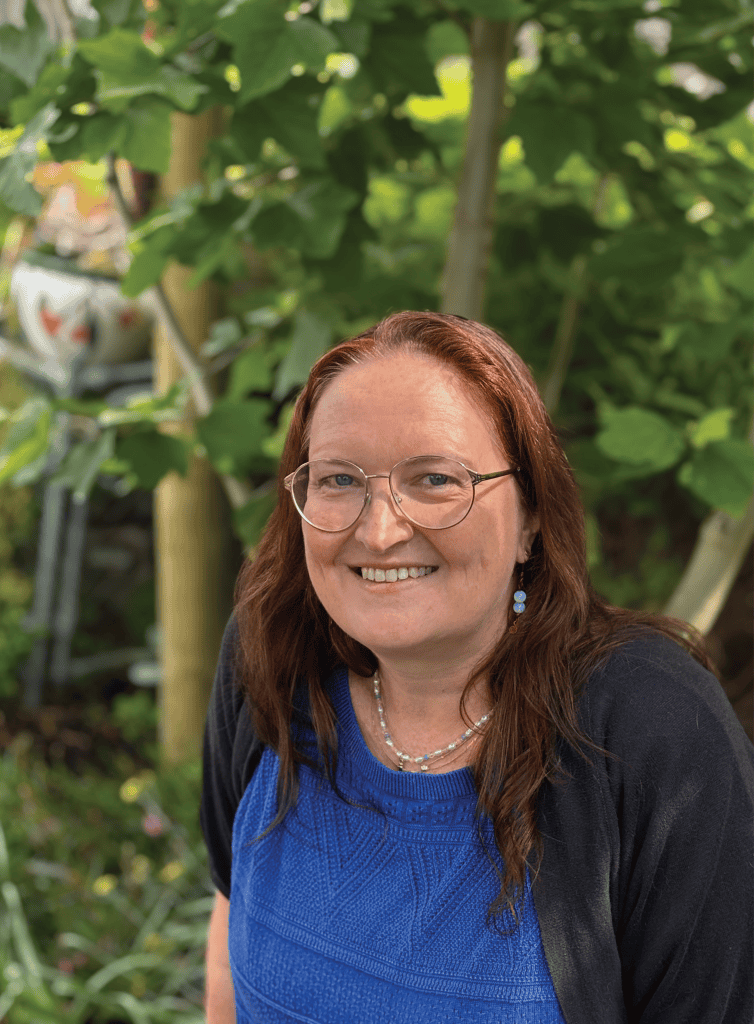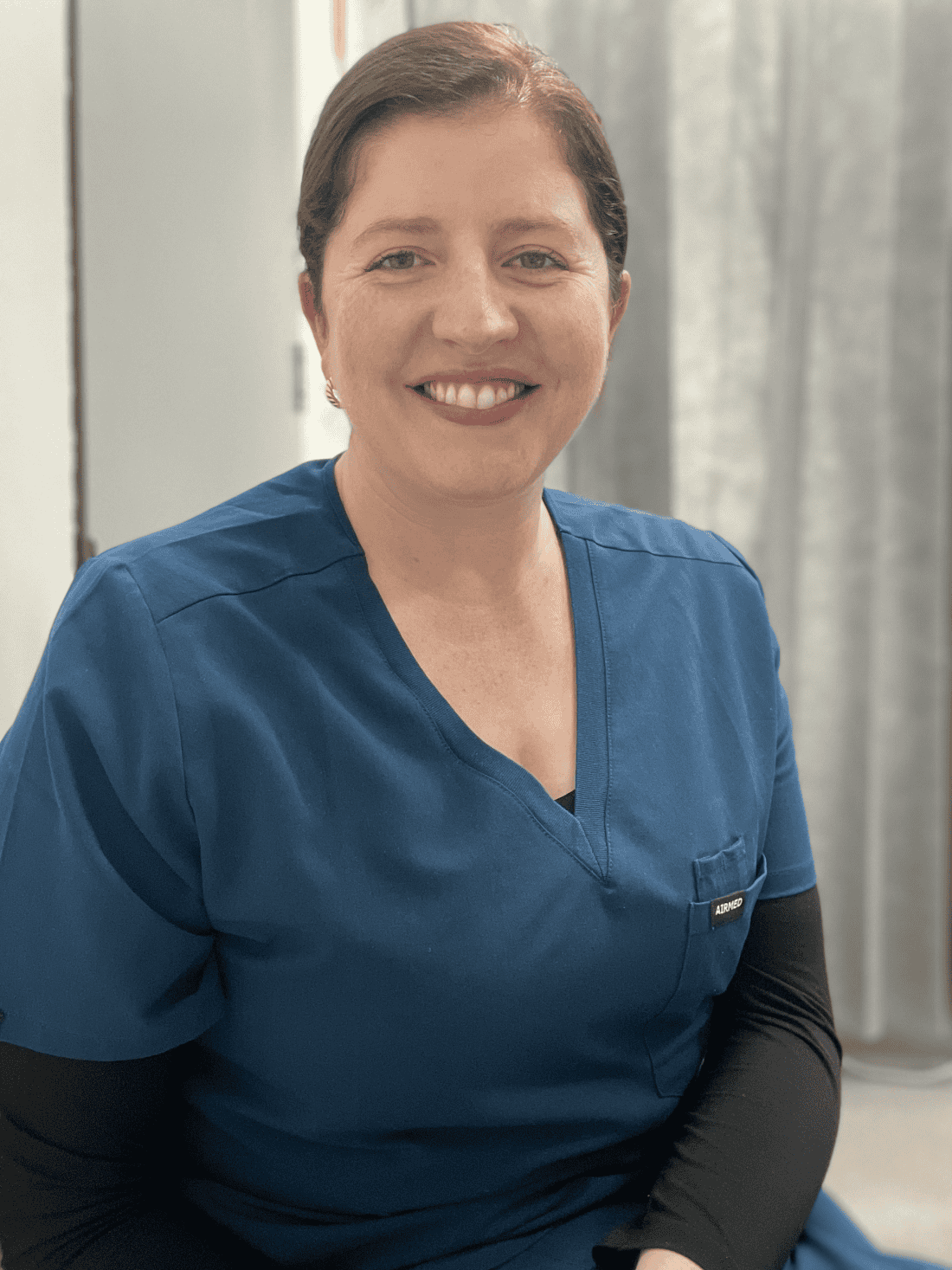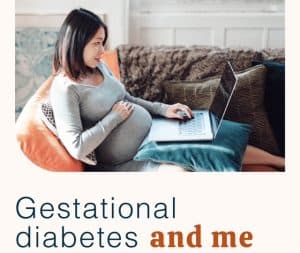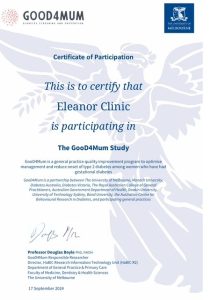ADHD & Perimenopause GP Care

Compassionate, Evidence‑Based Care for ADHD and Hormonal Transitions
At Eleanor Clinic, we understand that ADHD and hormonal changes such as perimenopause and menopause can significantly affect daily functioning, mental health, relationships, and work performance. These experiences often overlap — particularly for women — and are frequently under‑recognised.
We provide thoughtful, structured, and neurodiversity‑affirming care for patients seeking ADHD management, continuation of ADHD medication, and expert GP support for perimenopause and menopause in Footscray and Melbourne’s western suburbs.
Dr Julie Carlie – GP with a Special Interest in ADHD Management (Adults & Adolescents)
Dr Julie Carlie is a highly experienced, warm, and approachable GP with a strong interest in ADHD assessment support and ongoing management, alongside comprehensive women’s health care, including perimenopause and menopause.
She is known for her calm, non‑judgemental approach and her ability to support patients navigating complex, overlapping presentations such as ADHD, hormonal change, anxiety, sleep disturbance, and cognitive load.
Dr Carlie consults at Eleanor Clinic in Footscray, supporting patients from across Inner‑West Melbourne and the western suburbs.
ADHD Assessment and Ongoing Management
Dr Julie Carlie provides comprehensive GP‑led ADHD care for adults and adolescents, including patients who already have a diagnosis and those seeking support during or after the diagnostic process.
ADHD services include:
- Review of ADHD diagnoses made by psychiatrists or paediatricians
- Continuation of ADHD medication for patients with an established diagnosis and appropriate specialist documentation, in line with current prescribing guidelines
- Ongoing prescribing and monitoring of ADHD medication where clinically appropriate
- Regular reviews, side‑effect monitoring, and care planning
- ADHD management for adults and adolescents
- Collaboration with psychiatrists, psychologists, and allied health professionals
Dr Carlie understands that access to psychiatrists can be limited. She aims to provide consistent, safe, and accessible ADHD care within general practice, while working collaboratively with specialists when required.
ADHD Medication Continuation – What Patients Need to Know
Many patients search specifically for a GP who can continue ADHD medication. Dr Carlie is happy to do so where it is clinically appropriate and legally compliant.
This typically requires:
- A confirmed ADHD diagnosis
- Specialist documentation (e.g. psychiatrist or paediatrician report)
- Prescribing that aligns with current Victorian and Australian regulations
Medication continuation is always individualised, reviewed regularly, and centred on patient safety and wellbeing.
ADHD, Perimenopause & Menopause – An Overlooked Connection
Hormonal changes during perimenopause and menopause can significantly worsen ADHD symptoms, including:
- Reduced concentration and memory
- Increased emotional dysregulation
- Fatigue and sleep disturbance
- Heightened anxiety or low mood
Dr Carlie has a special interest in supporting women who experience:
- New or worsening ADHD symptoms during perimenopause
- Difficulty functioning at work or home due to cognitive load
- Confusion between ADHD symptoms and hormonal or mood changes
Care is holistic and may include:
- Careful assessment of symptoms
- Hormonal and non‑hormonal management options
- ADHD medication review where relevant
- Supportive counselling and care planning
Neurodiversity Affirming and Inclusive Care
Dr Julie Carlie provides neurodiversity‑affirming care and has extensive experience supporting patients with ADHD and ASD. She values lived experience and works collaboratively with patients to find strategies that support real‑world functioning.
She is also a proud supporter of the LGBTQIA+ community, offering respectful, inclusive, and gender‑affirming care in a safe clinical environment.
Why Choose Eleanor Clinic for ADHD & Perimenopause Care?
- Experienced GP‑led ADHD management
- Clear support for continuation of ADHD medication
- Strong focus on women’s health, perimenopause, and menopause
- Located in Footscray, serving Melbourne’s western suburbs
- Independent, patient‑centred, and continuity‑focused care
Frequently Asked Questions
Can a GP continue ADHD medication?
Yes. Dr Julie Carlie can continue ADHD medication for patients with an existing diagnosis and appropriate specialist documentation, in accordance with prescribing regulations.
Does Dr Carlie treat adult ADHD?
Yes. Dr Carlie supports both adults and adolescents with ADHD management and ongoing care.
Can ADHD symptoms worsen during perimenopause?
Yes. Hormonal changes can significantly affect attention, memory, and emotional regulation. Dr Carlie regularly supports women experiencing this overlap.
Book an Appointment
New and existing patients are warmly welcomed at Eleanor Clinic, Footscray. If you are seeking a GP with a special interest in ADHD management, ADHD medication continuation, or perimenopause care in Melbourne’s west, we invite you to book an appointment with Dr Julie Carlie. Appointments can be booked online or call our friendly reception team on: 03 9318 4666






 Eleanor Clinic is excited to participate in the GooD4Mum study, in collaboration with the University of Melbourne. This study aims to reduce the risk of developing diabetes following gestational diabetes mellitus (GDM) through targeted interventions in general practice.
Eleanor Clinic is excited to participate in the GooD4Mum study, in collaboration with the University of Melbourne. This study aims to reduce the risk of developing diabetes following gestational diabetes mellitus (GDM) through targeted interventions in general practice. Our nurse can refer you to a government-funded, free support program called Life. This program offers free sessions with an exercise physiologist and a dietitian to help you make sustainable lifestyle changes. These sessions are free for women who have had GDM or polycystic ovary syndrome (PCOS). This is a fantastic initiative to support your health and well-being!
Our nurse can refer you to a government-funded, free support program called Life. This program offers free sessions with an exercise physiologist and a dietitian to help you make sustainable lifestyle changes. These sessions are free for women who have had GDM or polycystic ovary syndrome (PCOS). This is a fantastic initiative to support your health and well-being!